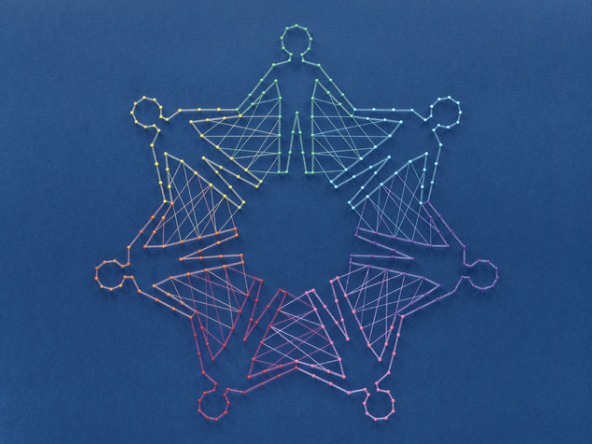Who really cares? The politics surrounding social causes

In recent years, political discourse, media headlines and a vocal minority on social media have painted a pessimistic picture of public sentiment toward progressive social causes in the UK.
However, while these issues have been politicised by certain groups with a range of motives, the highly inflammatory and polarising debate does not reflect the reality of popular attitudes today.
In this intensely political year, the research sector has the opportunity – and responsibility – to make sure people are basing decisions on fact, not fiction – on what people really think, not what they’re told they do. And with increasingly high expectations of organisations to be agents of positive change, it is in everyone’s interest to be plugged-in properly to societal attitudes around social causes.
The UK is inward-looking, isn’t it?
The perhaps surprising reality is that people in the UK have a more international and liberal outlook than we are often led to believe. Data from Eden Stanley shows that over half the UK population ( 55%) believe ‘poverty in developing countries is caused by exploitation by rich countries, and that we have a responsibility to put things right’ – up eight percentage points since March 2019.
Despite popular debate around the future of the Human Rights Act, more than half ( 57%) believe the UK should abide by international human rights laws, with just 14% in disagreement. Over two-thirds ( 68%) say they would consider supporting a human rights charity, or report having done so in the past year – also up eight percentage points since a five-year low of 60% in April 2020.
So not only is the majority of the UK supportive of progressive causes such as tackling global poverty and supporting international human rights, the level of support is getting stronger.
This is broadly attributable to generational trends, with younger cohorts increasingly leading the cause for greater social liberalism. But there have also been some marked step changes too linked to major global events. For example, our data shows that the Covid-19 pandemic was accompanied by a surge in collectivism and community-mindedness, and there has been a leap in support for international human rights in the two years following Russia’s invasion of Ukraine.
Why does this matter?
In the past, activating public support for social causes has been predominantly the role of charities and non-profits. However, consumer expectations are shifting, and there’s an increasing demand that businesses of all types prove they are making a positive impact on society.
Recent research suggests that around a third of people see consumer brands or influencers as important actors in addressing societal issues. Whether you’re a mobile phone network or a toothpaste brand, a growing number of people want to know that by choosing you they are also furthering the causes that matter to them.
Insights teams have a pivotal role to play in ensuring that brands deliver purpose-driven campaigns that resonate with their customers. Heightened expectations mean customers are less forgiving of brands seen to be posturing on the issues of today. Coming across as tone-deaf, disingenuous or just plain dishonest can be more damaging to brands than not having a voice on them at all. Data and insights are crucial in ensuring that campaigns are authentic and in touch with customers’ perspectives.
Making sense of it all
Relying on the clamour of social media, or the vested interests at the political margins, to understand what matters to people is a fool’s errand. It lacks rigour and nuance, and is more likely to lead to a quagmire of crisis management than the uplands of happy customers.
As insights experts, it’s our job to challenge assumptions and lazy hypotheses. It’s important that we don’t just provide the numbers, but help brands and organisations understand how to turn the stats into strategy, and action into change, if we want to engage new generations motivated by social purpose.
Joe Barrell is principal and founder at Eden Stanley

We hope you enjoyed this article.
Research Live is published by MRS.
The Market Research Society (MRS) exists to promote and protect the research sector, showcasing how research delivers impact for businesses and government.
Members of MRS enjoy many benefits including tailoured policy guidance, discounts on training and conferences, and access to member-only content.
For example, there's an archive of winning case studies from over a decade of MRS Awards.
Find out more about the benefits of joining MRS here.












0 Comments